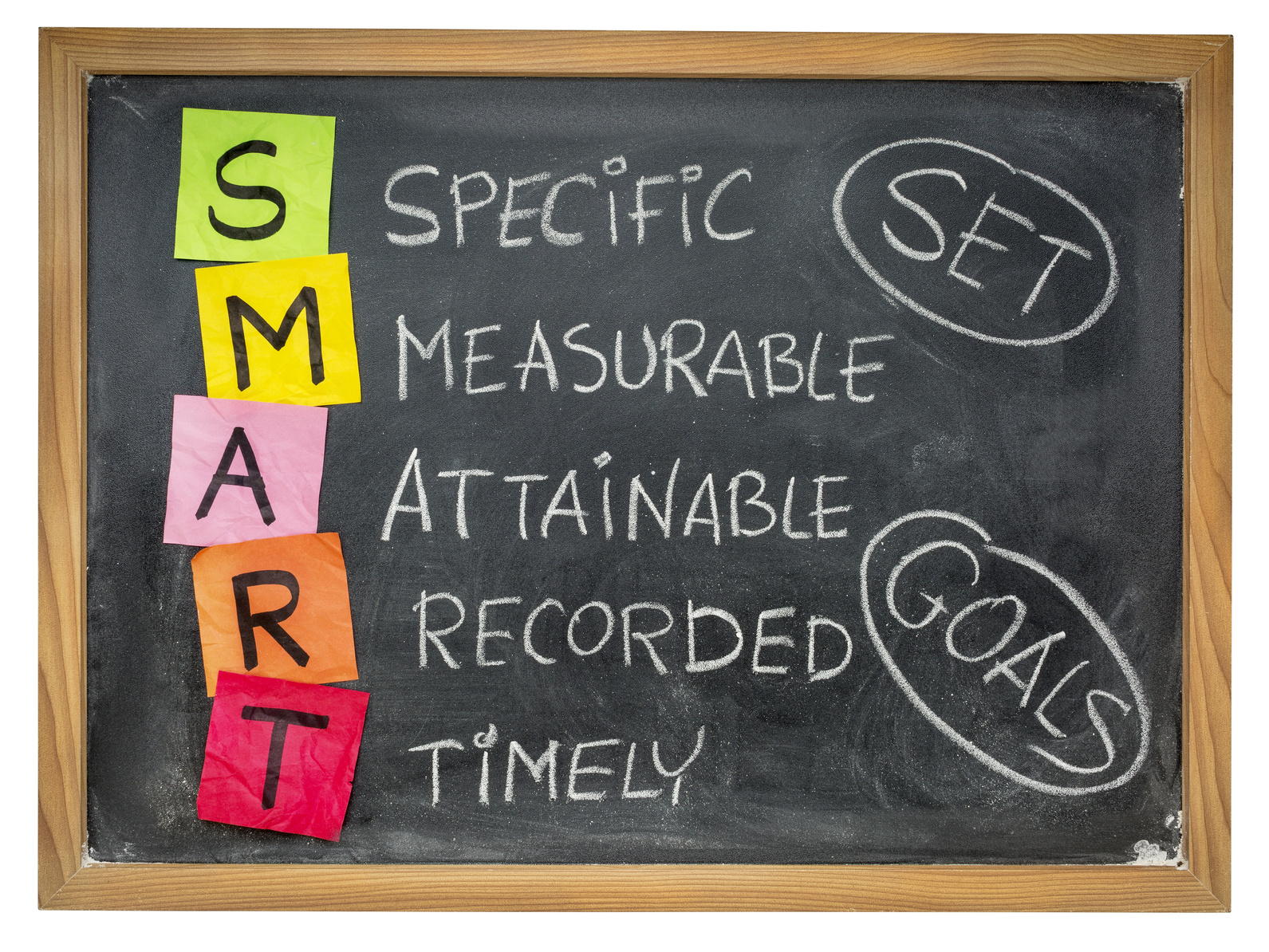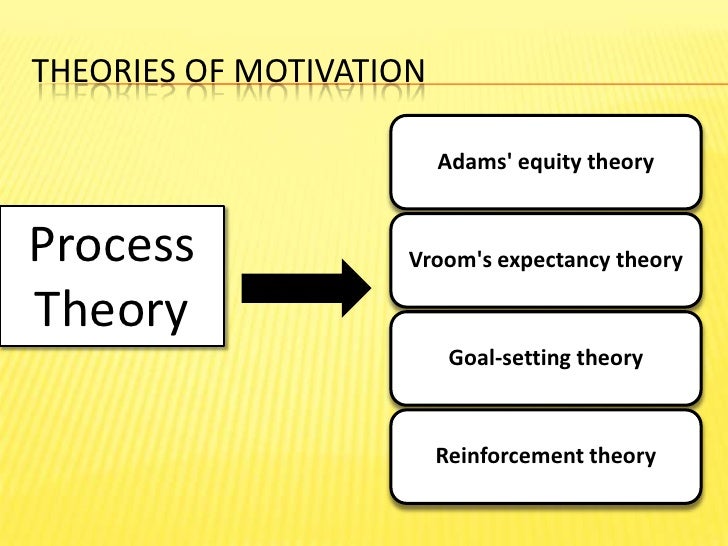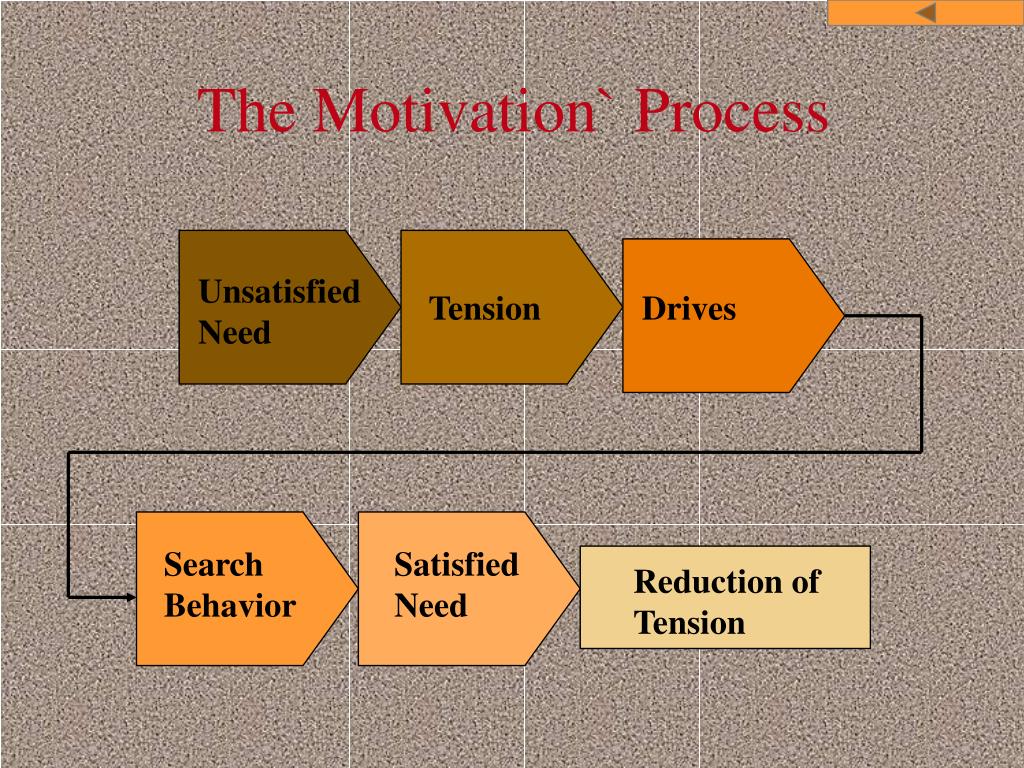Goal Setting Theories Of Motivation
Goal - Setting -Theory- Of-Motivation -Demo authorSTREAM
Features of Goal Setting Theory The following are some of the important features of goal-setting theory The willingness to work towards attainment of goals is one of the main sources of job motivation. Misunderstanding should be avoided by setting unambiguous measurable and clearParticipation of setting goal however makes goal more acceptable and leads to more involvement. Goal setting theory has certain eventualities such as Goal setting leads to better performance by increasing motivation and efforts but also through increasing and improving the feedback quality.Edwin Locke was interested in the way goals and goal-setting motivate us in the workplace. People strive to achieve their goals. So a worthwhile goal isLocke s Goal Setting Theory is a great framework to use when setting goals for yourself or for your team. The theory is based on research They found that setting unspecific and vague goals failed to increase motivation. According to Locke s Goal Setting Theory examples of vague goals includeLocke s goal-setting theory of motivation which has been tested and supported by hundreds of studies involving thousands of participants consistently delivers positive changes in the lives of individuals worldwide Locke and Latham 2019 . This article will address Locke s ideas and give youThis goal setting theory simply states that the source of motivation is the desire and intention to reach a goal PSU WC 2015 L. 6 . If Locke and Latham stated that the goal setting theory was based on the premise that much human action is purposeful in that it is directed by conscious goals The motivation and goal-setting theory research of Dr. Edwin A. Locke is widely regarded among the top management theories. Small businesses can learn a lot from his principles of motivation and goal-setting theory. Without the most basic goals employees wouldn t show up for work or see agoal-setting theory. They describe the core ndings of the. theory the mechanisms by which goals operate modera-. tors of goal effects the relation of goals and satisfaction other theories are described as are the theory s limitations. I. n the 1950s and 1960s the study of motivation in.VOLUME 15 NUMBER 1 2011 Goal-Setting Theory of Motivation Fred C. Lunenburg Sam Houston State University ABSTRACT Locke and A learning goal orientation leads to higher performance than a performance goal orientation and group goal-setting is as important as individual goalsetting.One of Locke s principles of his goal-setting theory is clarity meaning you need to get specific about the goal you re trying to achieve. Getting their insights and opinions will not only help you set more targeted and beneficial goals but will also boost their motivation and sense of commitment to that
Goal-setting theory is a theory based on the idea that setting specific and measurable goals is more effective than setting unclear goals. Edwin A. Locke developed this theory in 1968 in his article Toward a Theory of Task Motivation and Incentive. Goal-setting theory of motivation. 174. Learn about Prezi. 3. Do you think Edwin Locke s goal-setting theory is more. suitable for a hierarchical organization than for one. with a participative leadership style The goal-setting theory of motivation was first proposed in the late 1970s by Latham and Locke 1979 . The theory proposes that individuals will be motivated to the extent that they accept specific challenging goals and receive feedback that indicates their progress toward goal achievement.Edwin Locke s goal setting theory is among the most dominant theories of work motivation. So the level of motivation depends on the kind of goals that are set and the way internal and external factors affecting the process between goal identification to goal achievement are managed.Goal setting involves the development of an action plan designed in order to motivate and guide a person or group toward a goal. Goal setting can be guided by goal-setting criteria or rules Goal-setting theory of motivation states that specific and challenging goals along with appropriate feedback contribute to higher and better task performance. Goals indicate and give direction to an employee about what needs to be done and how much effort is required to be put in.The very existence of other goal setting theories cancels the exclusivity of the goal setting theory as the only theory of what motivates leadership. One should ask whether there are other factors than goal identification that make an organization cohere.Goal-Setting Theory. Learning Outcome. The first step in creating motivation is creating commitment to a goal. Goal commitment is the degree of determination a person uses to achieve an accepted goal and there are two main factors that determine it importance and self-efficacy.Goal-Setting Theory. An employee s performance is a function of ability as well as motivation. A second core finding of goal-setting theory is that goals that are specific and difficult lead to a higher level of performance than vague abstract goals such as to do your best even though the latterLocke s Goal-Setting Theory. Setting Meaningful Challenging Goals. What you get by achieving your goals is not as important as what you become by achieving In the late 1960s Locke s pioneering research into goal setting and motivation gave us our modern understanding of goal setting.
Properties of goal setting theory. According to Locke there are five basic principles that allow goal setting to perform better. Cognition helps to develop and change behaviour to achieve goals. In an effective goal setting method an intrinsic motivation towards goal attainment is important.The principles of goal-setting theory are the foundation of modern management techniques. Setting goals gives us a concrete target to work towards helps increase productivity and gives us a quantifiable measure of success or failure . Implementing the goal-setting theory in your personalGoal-Setting Theory. Given the large number of ways that goals can differ research has examined how different goal dimensions affect performance. Goal-setting theory is one of the most influential theories in the study of work motivation describing how goal characteristics influence performanceGoal-setting theory of motivation suggests that managers and subordinates should set goals for an individual on a regular basis. Participation of setting goal however increases acceptance of goal and involvements. The mere act of goal setting does not ensure higher levels of motivation amonggoal setting theory the bottom line goal setting theory goal setting and job design approaches to motivation ppt download goal setting Main Components Of Locke And Lathams Goal Setting Theory Printed . Performance Magazine What Is Goal Setting Theory Performance Magazine .Have you ever heard of Goal Setting Theory In this article Locke stated that employees were motivated by clear goals and appropriate feedback. He went on to say that working toward a goal provided a major source of motivation to actually reach the goal-which in turn improvedGoal-setting theory refers to the effects of setting goals on subsequent performance. Researcher Edwin Locke found that individuals who set specific Huh What does that mean One of the most effective ways to stay motivated is to set goals for yourself. However the type and quality of goalsChallenge Goal setting theory indicates that people are more successful when they set challenging goals. When you set the goal too low you re less likely to feel like the payoff is worth that effort undermining motivation. By contrast setting a challenging goal balances effort with reward andStart studying Goal setting theory. Learn vocabulary terms and more with flashcards games and other study tools. Goal mechanisms. affects performance by increasing motivation to reach goals. Goal setting helps a person develop a sense of which motivates them to want toBuilding a Practically Useful Theory of Goal Setting and Task Motivation A 35-Year Odyssey Edwin A. Locke University of Maryland Gary P. Latham University of Toronto Contact information Edwin A. Locke 30856 Agoura Rd. B-2 Agoura Hills CA 91301 818-706-9361 elocke rhsmith.umd.edu This
Kelli J. Schutte William Jewell College. Robbins
Our Hot Topics Social Cognitive Theory Goal Theory

3.3 Motivation theories

Sports Psychology Goal Setting The UK s leading Sports

THEORY 39 LOCKE S GOAL SETTING THEORY - The Little Book

The Chapter of Motivation in Public Administration

Theories of Motivation

PPT - Motivation PowerPoint Presentation free download

Theory X and Y - Motivational Theories used in business